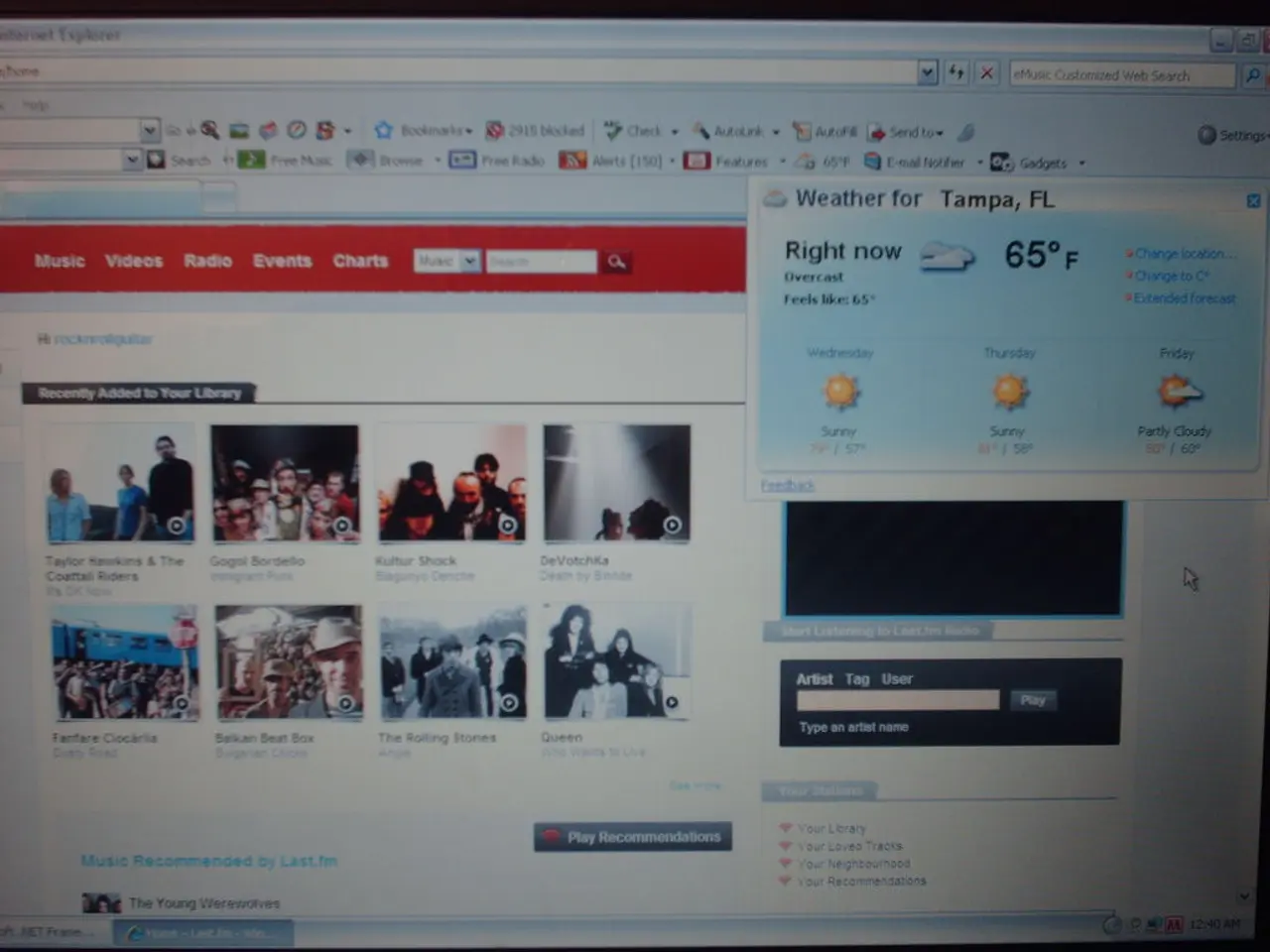Instructions for Using Content Administration Platforms
In the ever-evolving digital landscape, choosing the right Content Management System (CMS) for your website can be a daunting task. Four popular options - WordPress, Wix, OpenCart, and Drupal - each offer unique advantages and potential drawbacks. Here's a detailed comparison to help you make an informed decision.
WordPress, the largest CMS in the market, boasts a vast ecosystem and community support. Its flexibility allows for numerous plugins and themes, including WooCommerce for ecommerce stores and page builders like Elementor for custom design. Suitable for both small blogs and large-scale websites, WordPress holds about 30% market share among top-tier sites. Its SEO-friendly nature and high customizability make it a popular choice. However, advanced customization may require technical knowledge, and performance can degrade with an excess of plugins.
Wix, known for its user-friendly interface, is ideal for beginners and small businesses. Its drag-and-drop website builder allows for quick setup, making it a convenient option. Wix offers a variety of templates for swift deployment, but sacrifices some customization and branding flexibility. While it caters well to small to medium-sized businesses and simpler ecommerce setups, complex capabilities may be limited.
OpenCart, an open-source ecommerce CMS, is geared towards developers with technical resources seeking full control over their online stores. It's a good fit for medium to large online stores requiring customizable ecommerce functionality. OpenCart's extensibility through modules and themes makes it adaptable, but it requires development expertise for setup and maintenance.
Drupal, a robust choice for complex, content-heavy, and enterprise-level websites, shines in advanced customization, security, and scalability. Its strong community of developers and designers adds to its appeal. However, Drupal's steep learning curve and complexity make it best suited to organizations with developer resources. It can be overkill for simple or small sites, requiring more resources.
In summary, WordPress is the most popular CMS, offering extensive flexibility for a wide range of website types. Wix is best for beginners or small businesses seeking an easy-to-use platform with fast setup but limited customization. OpenCart targets developers and businesses needing open-source ecommerce with full control. Drupal excels in complex, secure, and scalable projects but is best suited to organizations with developer resources.
Key points to remember: - WordPress is free, user-friendly, and excels in SEO. - Wix is easy to use but offers limited customization. - OpenCart is open-source and targeted towards developers. - Drupal is robust and best for complex, secure, and scalable projects.
This breakdown captures the strengths and trade-offs of each CMS option, helping to align the choice with the user’s technical skills, business needs, and desired scalability.
- In the context of lifestyle improvements, one might consider incorporating education-and-self-development resources, such as online courses or tutorials, into their WordPress website due to its extensive plugin library and user-friendly nature.
- When designing a technology-focused website for a small business, Wix's user-friendly interface and quick setup process could prove advantageous, allowing for a prompt creation and deployment of the website, thus catering to the needs of busy professionals in the tech sector.




